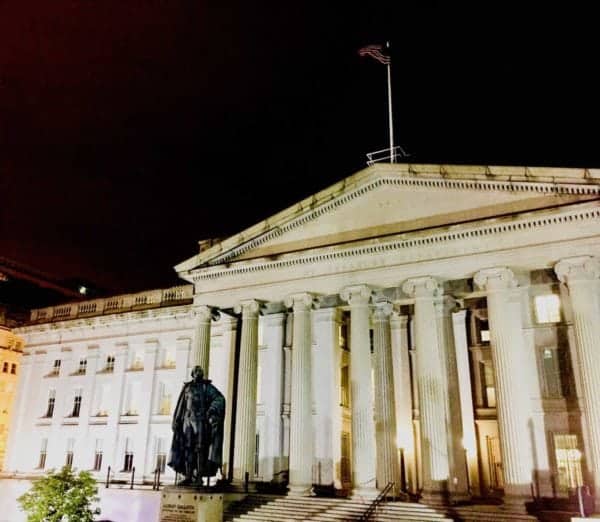
The US Department of Treasury has issued a statement on the Financial Action Task Force’s (FATF) second plenary meeting during the German Presidency of the global regulatory agency. According to Treasury, FATF advanced its work on several issues, including finalizing a non-public report on terrorist financing and agreeing to seek public comment on updated guidance documents on virtual assets and proliferation finance. FATF also started its second 12-month review to review the global implementation of the FATF Standards on virtual assets.
In July 2020, FATF published a report that reviewed standards applied to virtual asset service providers (VASPs).
The Secretary of the Treasury Janet L. Yellen issued the following statement:
“The United States recognizes the importance of the Financial Action Task Force’s work to combat money laundering and terrorist financing threats. Criminals and terrorists take advantage of the innocent and threaten our way of life even amidst the COVID-19 pandemic, and it is important that the FATF’s work continues in this vital time. We welcome the FATF’s actions to enhance operational efforts designed to identify terrorist financiers and develop additional guidance in consultation with the private sector on virtual assets and proliferation finance, two key priorities of the United States.”
FATF has agreed to seek public consultation on amendments to its June 2019 guidance outlining AML/CFT obligations in relation to virtual assets and VASPs.
The FATF recommendations now require that VASPs are regulated, licensed and registered, and subject to effective systems for monitoring and supervision.
FATF’s 12-month review of the implementation of the revised FATF Standards on virtual assets and VASPs, were said to highlight that both the public and private sectors had made progress in implementing necessary measures. But, FATF said there was a need for greater guidance to implement the revised requirements, including for low-capacity countries.
Treasury states that the updated guidance will help countries and VASPs understand their AML/CFT obligations and effectively implement the FATF’s requirements in key areas, including how the FATF Standards should be applied to stablecoins, travel rule implementation, and how to address the risks of peer-to-peer transactions. The FATF will publish a public consultation draft in March and expects to release the final updated guidance this summer.
FATF is expected to publish a public consultation draft this March with the aim of finalizing the guidance this summer.

